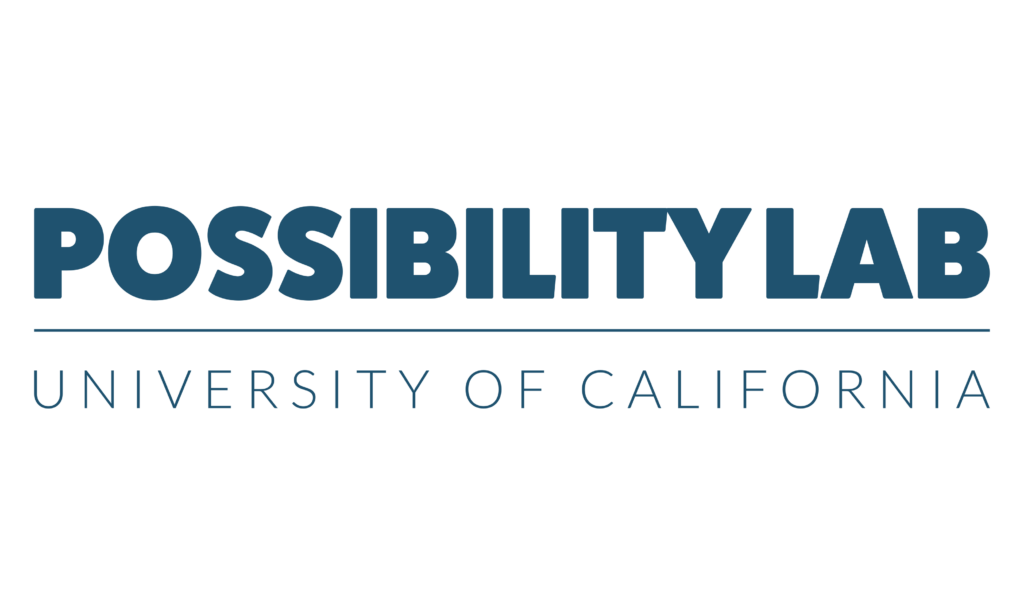
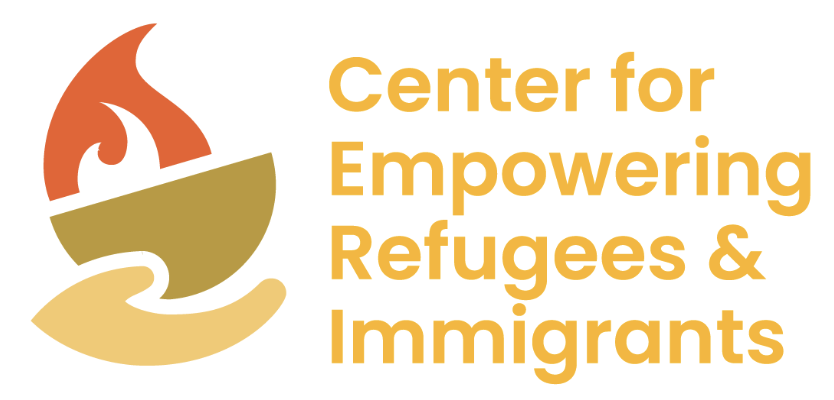
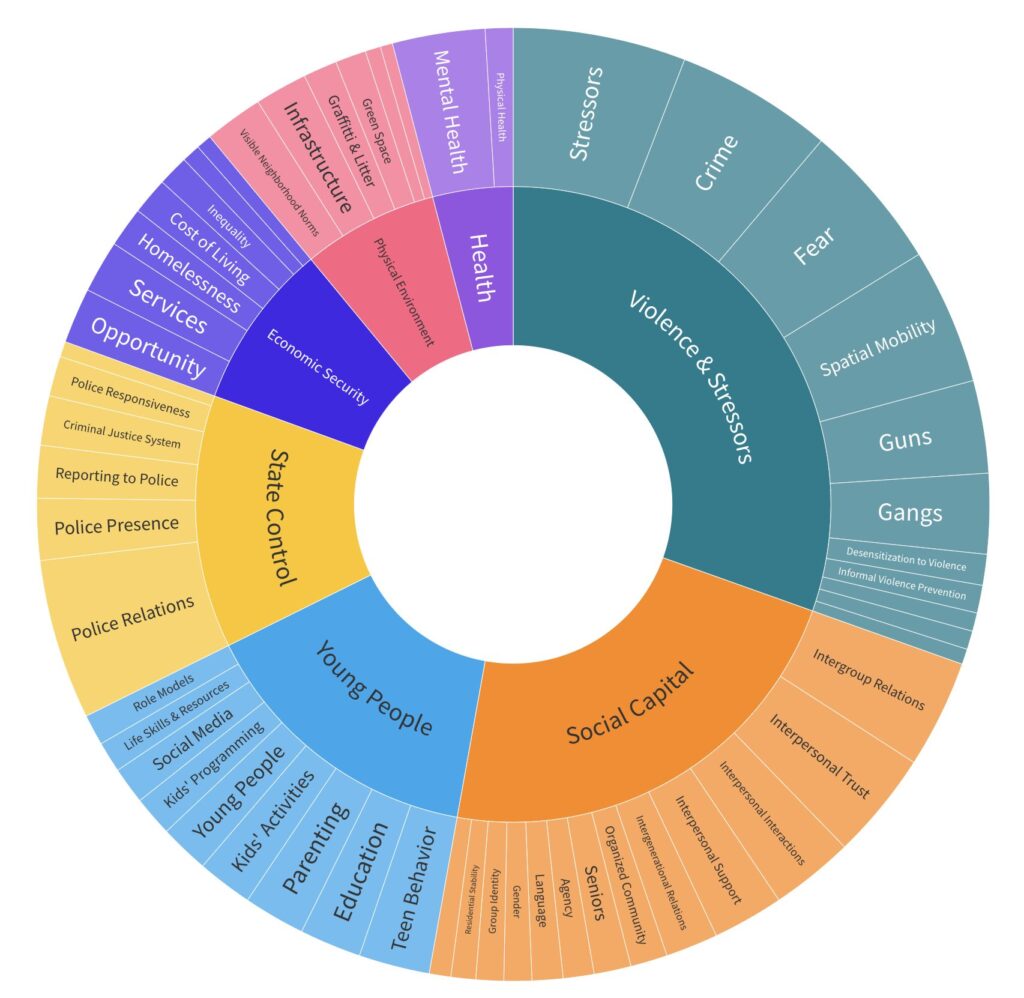
CERI
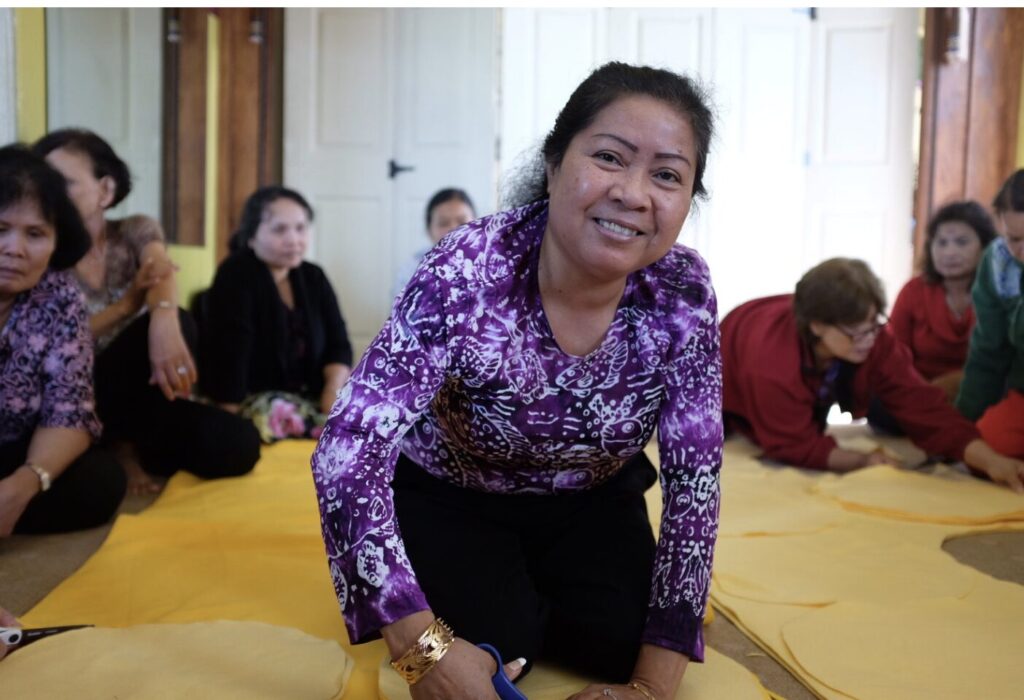

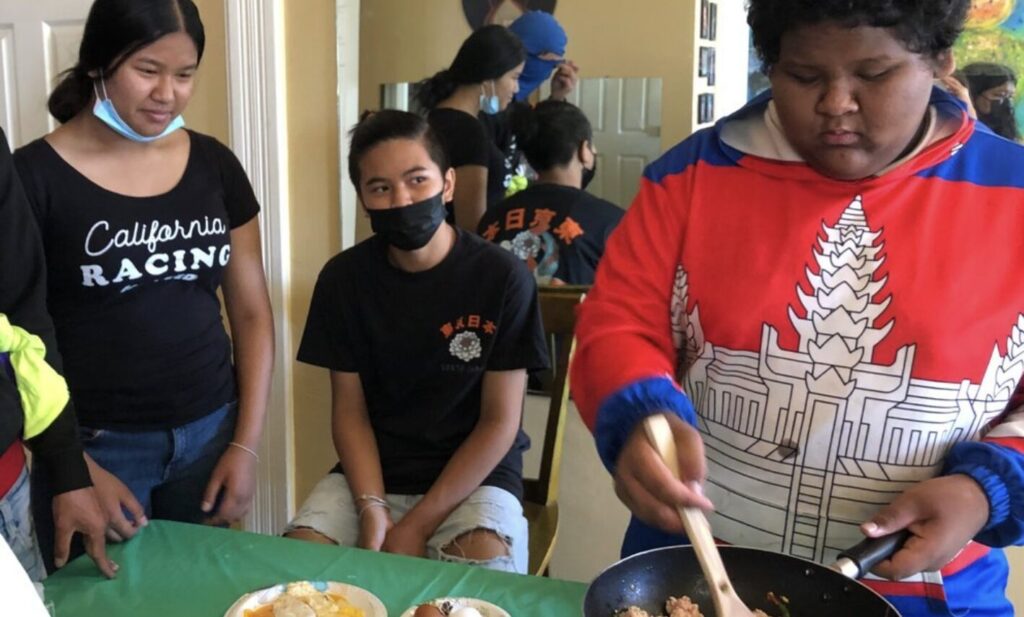
CERI PROGRAMS
Adults and Elders
CERI offers a holistic array of culturally sensitive bilingual services that support the mental health and wellbeing of refugees and immigrants. We integrate traditional services such as clinical mental health counseling and medication management with culturally and spiritually tailored intervention strategies.
WiA is a community workforce training and development program for paraprofessional community mental health advocates from unserved and underserved refugee and new immigrant communities in the Bay Area.
LGBTQ+ Advocacy
CERI welcomes and prioritizes LGBTQ+ individuals, couples and families—who all deserve culturally affirming mental health care and a place to live their truths.
Youth and Young Adults
Youth programs offer safe and supportive spaces to explore wellness, creative expression and art, set goals, develop community organizing and leadership skills, and advocate for social justice.
The Firsthand Framework
Process
Click each step to learn more
We partnered with six organizations to reach nine different communities of Oakland residents
defined across
- geography (e.g., neighborhoods, housing developments, proximity to parks)
- identity (e.g., shared race, ethnicity, nationality and/or language)
- association (e.g., membership in institutions like churches or civil society organizations)
- and shared experiences (e.g., formerly incarcerated, violent crime survivor, refugee)
Alongside our partners, we conducted 24 focus groups with a total of 330 participants.
Each focus group invited residents to discuss the signs and signals that they are already using to assess both the presence and absence of public safety in their community.
Next, we convened larger town halls with each community, totaling about 550 participants.
During town halls, we presented the full list of indicators and asked participants to vote for those that most closely reflected their own experiences of safety.
We coded and analyzed these Firsthand Indicators to paint a vivid and multi-dimensional picture of community safety.
Together, the Indicators reveal the interdependent processes that promote and hinder safety at the community level.
Together with Oakland’s Department of Violence Prevention (DVP), we are using the Firsthand Indicators to identify promising points of intervention.
The Indicators can help DVP promote solutions that differ from traditional public safety policies, which are focused primarily on policing and incarceration.
Finally, we will work with DVP to deploy the Firsthand Indicators as quantitative measures to track progress and evaluate reforms.
The Indicators can be measured using a combination of observational, survey, and administrative data, providing alternatives to top-down metrics of what constitutes “success.”